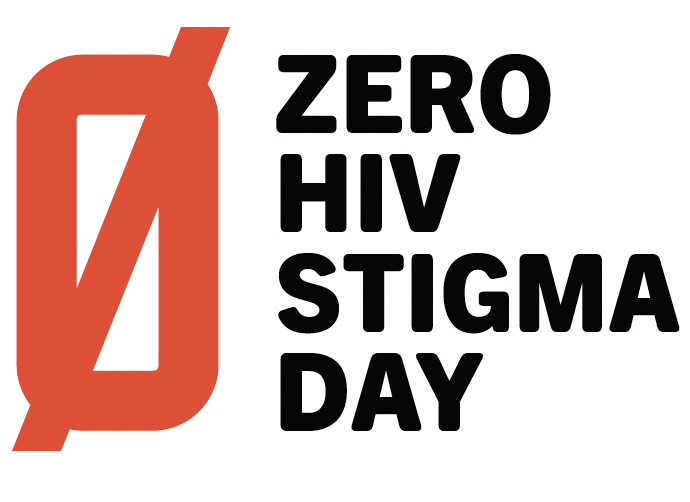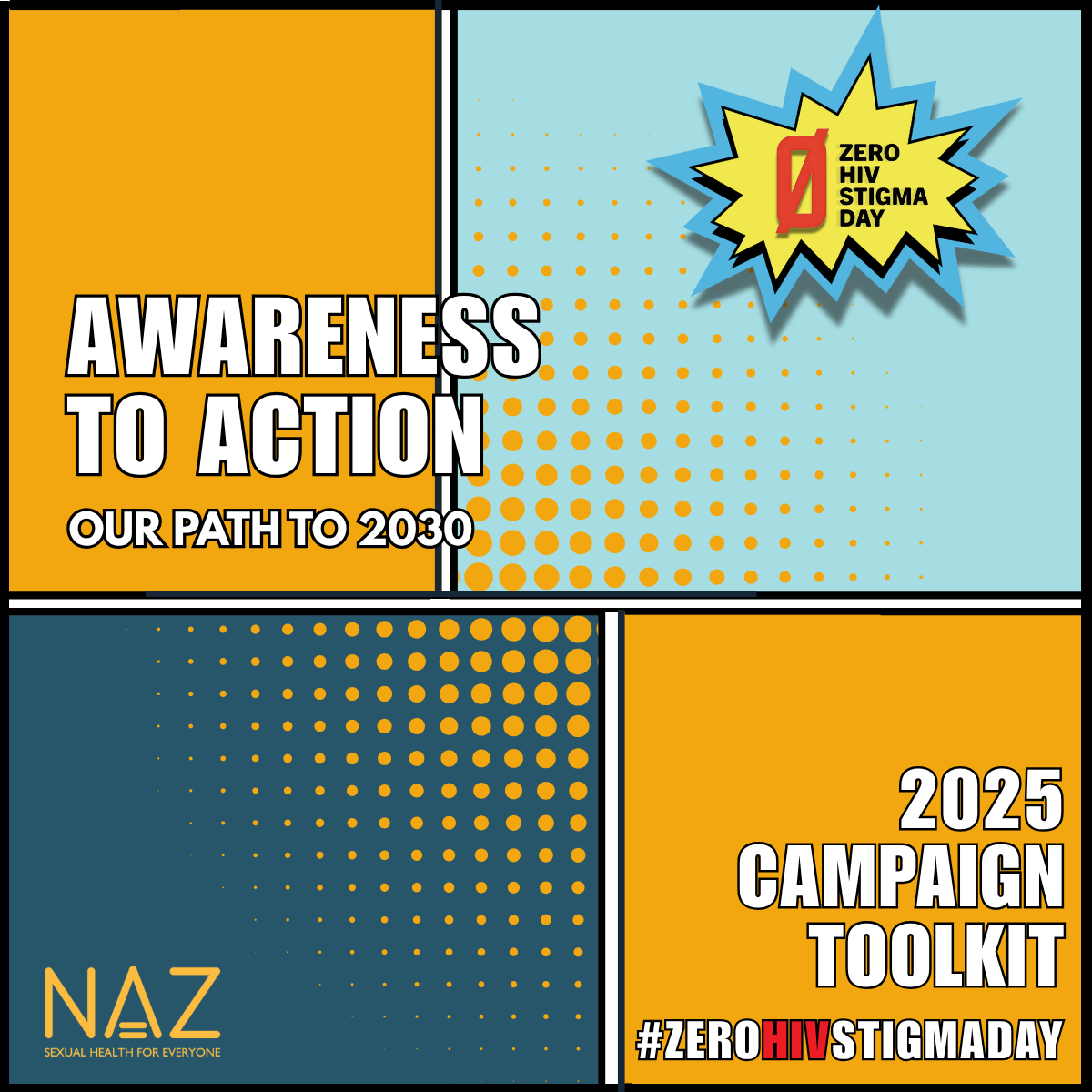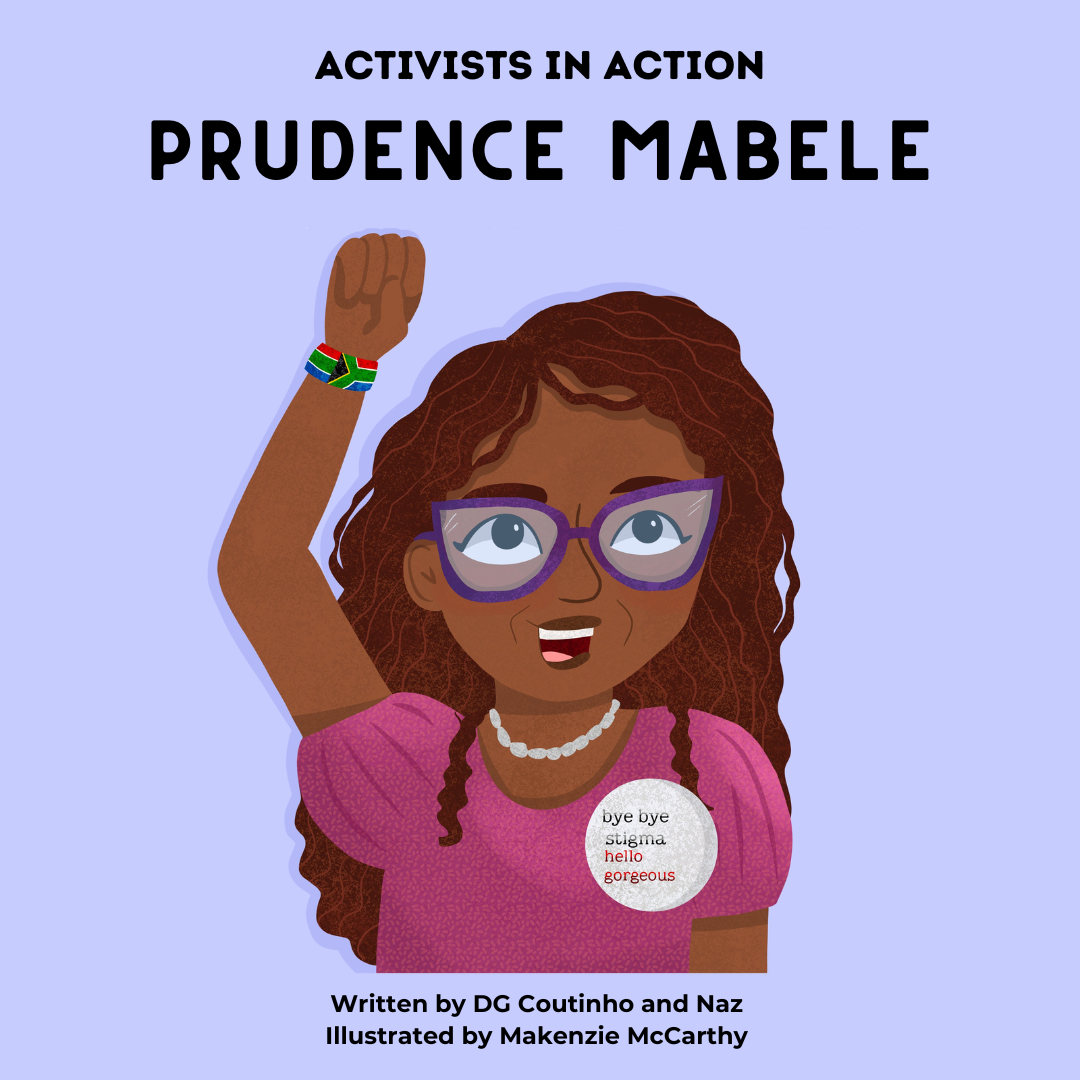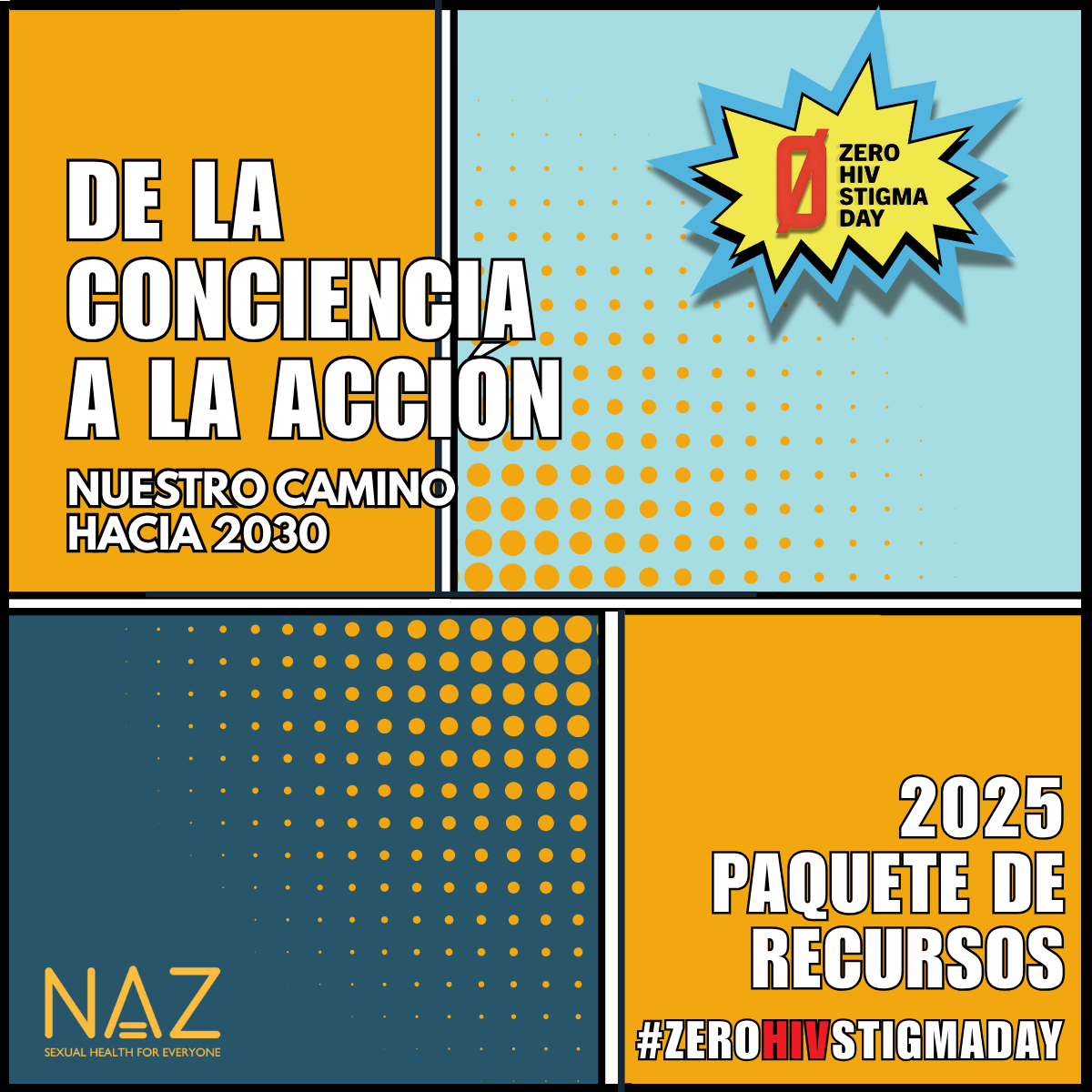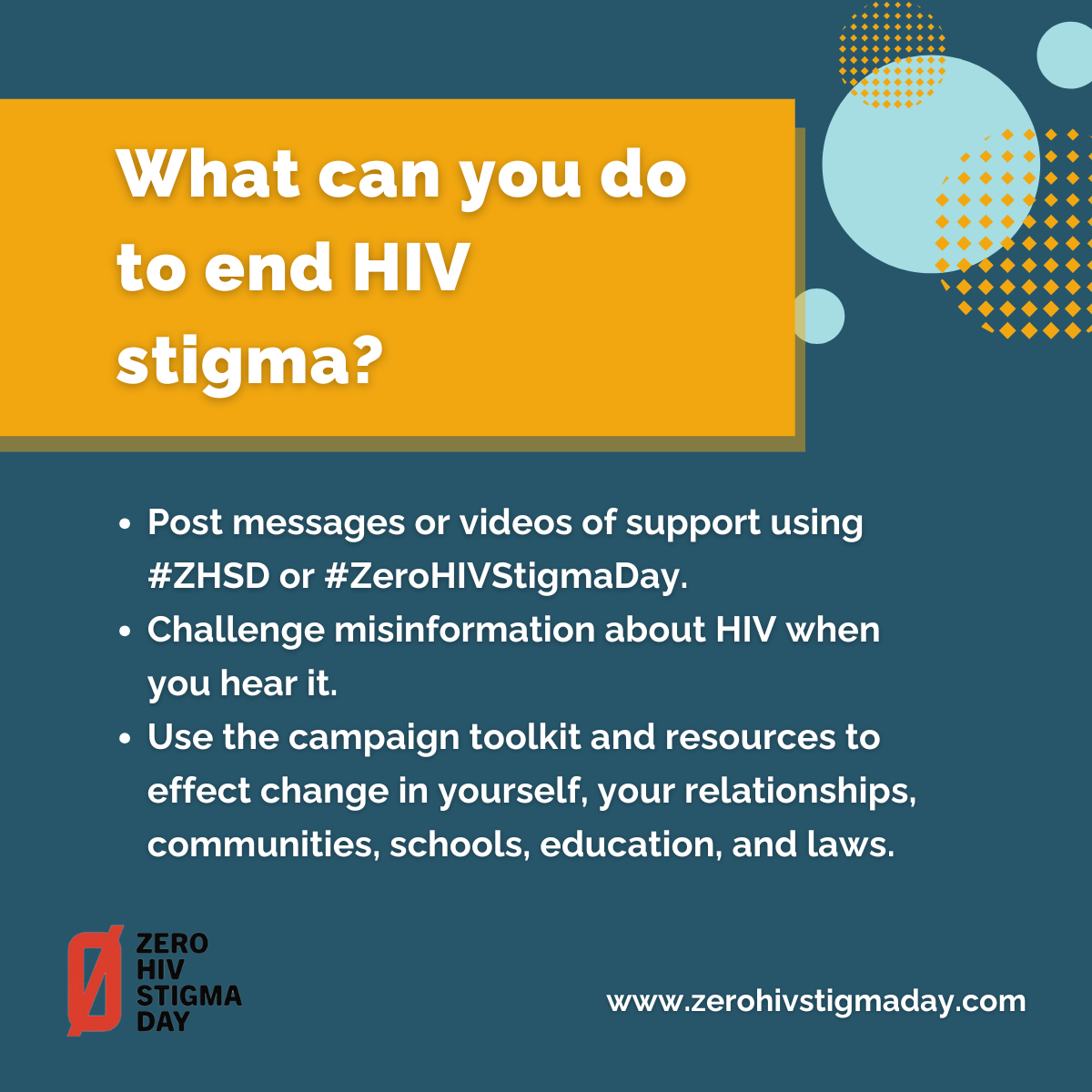
Resources
Check out all the Zero HIV Stigma Day campaign resources: the toolkit, including resources on how to challenge stigma in the self, relationships, community, education, workplace, and policy, key messages, and social media assets.
Toolkit
Includes a brief about the campaign, HIV and stigma, practical applications to address stigma, and resources.
Activists in Action: Prudence Mabele Children’s Book
We co-authored a children's book about the life and accomplishments of Prudence Mabele, which includes a dedication from UNAIDS Executive Director Winnie Byanyima. Prudence’s inspiring story aims to educate young minds about HIV activism, the fight against stigma, and the importance of equal access to treatment.
Paquete de recursos
Incluye un resumen sobre la campaña, el VIH y el estigma, aplicaciones prácticas para abordar el estigma y recursos.
Tips for global advocacy
A list of tips to help you in affecting change at the policy level, including how to frame your message, align with windows of opportunity like new news and research developments, and community engagement.
Assets | Los bienes
Includes logos, social media posts, and email banners. Incluye logotipos, publicaciones en redes sociales y banners de correo electrónico.
A sample letter you can use to write to your local councillor, member of parliament/congressperson, and other political figures.
Sample letter to policymakers
Key Messages
1. Stigma Is a Global Barrier to Ending the HIV Epidemic
All the research tells us that stigma is still the main driver of new transmissions. It is the greatest obstacle to preventing, diagnosing, and treating HIV. Stigma leads to fear, discrimination, and delayed care, undermining global health progress and endangering lives.
2. Each of us are responsible for ending HIV stigma.
Accurate information about HIV is now readily available; there is no excuse for outdated knowledge and attitudes about HIV. The power to end stigma lies with people living without HIV, to stand up and speak out against prejudice and misinformation. Getting HIV literate is everyone’s responsibility.
3. From Awareness to Action: End Stigma to End New HIV Transmissions.
This year’s theme calls on everyone from individuals to institutions to play their part in moving beyond awareness and taking real, measurable action to eliminate HIV stigma. To achieve zero new HIV transmissions by 2030, everyone must know, believe, and share the power of U=U: if you’re on effective treatment, you can’t pass HIV on.
4. Stigma Is Deadly: Legal and Social Change Is Urgently Needed.
Only 23% of countries have anti-discrimination laws covering HIV status, gender identity, and sexual orientation. In many regions, outdated laws and harmful attitudes continue to criminalise and endanger people living with HIV. State-sanctioned stigma will not end HIV.
5. Health Equity Demands Cross-Sectoral Collaboration
Ending HIV stigma requires partnerships beyond the health sector. Across education, justice, human rights, media, and community organisations, we need to work together to build inclusive, stigma-free systems that leave no one behind.

